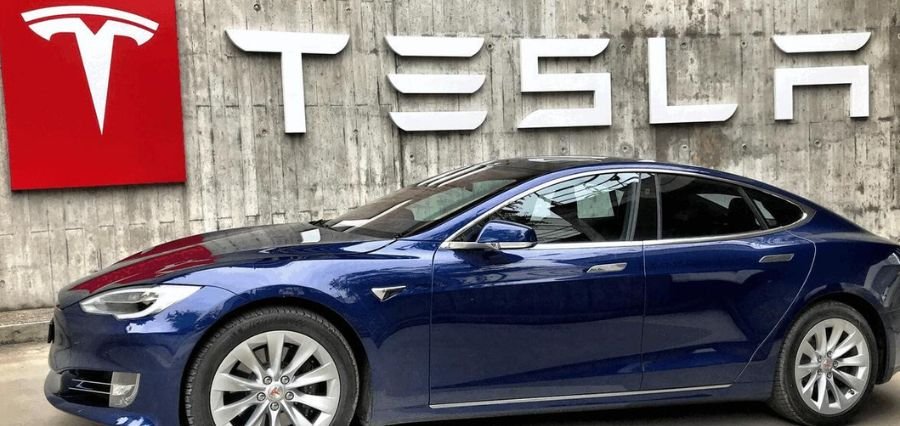Key Highlights:
Tesla is planning to launch two showrooms in India but does not have plans to produce cars locally. The Indian government is encouraging EV production, but Tesla is still reluctant to invest in local production.
Key Facts:
- Tesla’s CEO Elon Musk company had taken part in early talks but had backed out of subsequent negotiations on the production in India.
- India reduced import duties on EVs for manufacturers who pledged to manufacture locally, but Tesla asks are still outstanding.
- Tata Motors leads India’s EV market currently with a 60% market share and Tesla is also facing tough competition worldwide.
Key Background
Tesla, the U.S. electric vehicle (EV) behemoth controlled by Elon Musk, has officially signaled lack of interest in manufacturing electric vehicles in India, India’s heavy industries minister HD Kumaraswamy has stated. Although Tesla is set to build a retail network via two showrooms in the nation, the corporation has no current plans to manufacture locally. This is a major development as India had been pushing electric vehicle manufacturing aggressively through fresh incentive programs announced earlier this year in 2025.
The Indian government had sought Tesla’s investment by reducing import duties on EVs and launching detailed guidelines to motivate international manufacturers to set up shop locally. Tesla’s India entry has been made difficult, however, by its refusal to import vehicles first, instead of establishing production facilities forthwith. Tesla’s original plans to establish a factory in 2022 were put on hold after the Indian government demanded local manufacturing as a prerequisite for bringing down import duties.
Even after several rounds of negotiations, Tesla engaged in the initial round of government stakeholder talks on the new manufacturing plan but sat out the rest of the negotiations. This led the authorities to believe that local manufacturing by Tesla is not in the offing in the immediate future. Market observers point out that India’s EV market is in its nascent stage, with electric vehicles representing less than 3% of total passenger vehicle sales, thus the climate being not so inviting for Tesla’s premium, costlier models.
India’s local carmakers like Tata Motors now dominate the EV industry with more than 60% market share, followed by MG Motors, a Chinese-funded joint venture. Tesla is also threatened by other international EV manufacturers like China’s BYD. In addition, issues like sparse charging outlets and road quality contribute to the skepticism surrounding Tesla’s domestic investment.
Elon Musk has recently met Prime Minister Narendra Modi to explore possible collaboration in technology and innovation, but the timeline for Tesla’s manufacturing investment in India is still unclear. Tesla’s sales have also encountered setbacks in various parts of the world, including a recent dip partly due to Musk’s political affiliation.






